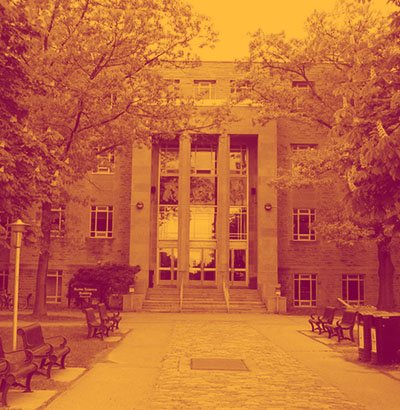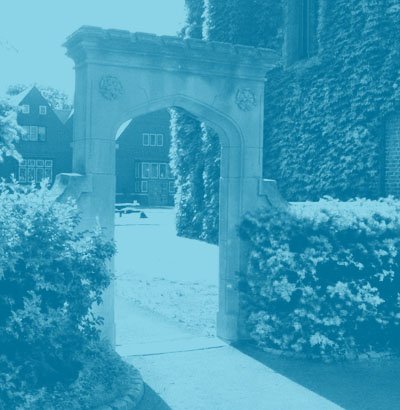Students who choose to study physics & astronomy at McMaster will find themselves solving problems, ask questions and understand the natural world. Physics & astronomy is about formulating questions that strike to the core of a subject, and working towards solving them. If you enjoy working with challenging questions and can find beauty in math, a degree in a physics-related field might be for you!
Physics overlaps with many other fields of science, including biology, chemistry, math, computer science, earth sciences, and engineering. Choosing physics at McMaster is a great way to ensure that your curiosity for physics is satisfied, and you are exposed to the many areas of physics. Students have the choice to go into medical physics, mathematical physics, astrophysics, and many of the required and optional courses cover other areas of science. An Astrophysics student can take a 4th Year medical physics class that covers radiation science, allowing them to explore what students in other streams experience.
Physicists are highly employable (and make good money!). A recent study by the CIBC revealed that physics graduates obtain the highest return on their investment compared to other degrees. Almost 98% of Physics Graduates are employed according to a study carried out in Canada, and these graduates enjoy the highest mid-career salaries of any science. Wall Street Journal ranks Physics 6th out of 50 Majors, with graduates out-earning Engineering majors and far outperforming Business and Finance majors.
Teaching Facilities
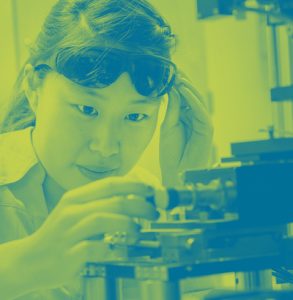
Our department is research intensive – by graduation, the vast majority of our students have completed research with a faculty member through either a summer research position and/or a fourth year thesis project. Current research strengths in the department include:
- Astrophysics
- Elementary Particle Physics
- Laser Physics, Quantum Optics, Ultracold Atoms
- Quantum Condensed Matter Physics
- Soft Condensed Matter + Biophysics
- Medical Physics
The Honours Physics program includes several lab courses, during which our students learn to use advanced scientific equipment. For example, they use optical tweezers to exert and measure minute forces, they employ a small radio telescope located on the roof of ABB to measure the rotational curve of the Milky Way, and they go to McMaster Nuclear Reactor to measure the radioactive half-life of different elements.
Recent co-op placements for our students include: NASA, Institute of Quantum Computing, SNOLAB, TRIUMF, Bruce Power, Environment Canada, Mouse Imaging Centre, XEROX, Environment Canada, OPG, CNL, Defence Research and Development Canada, Jefferson Lab (Virginia), Paul Scherrer Institute (Switzerland), CERN (Switzerland).
Student Researchers Have Access To A Number Of Facilities And Institutions On Campus And In The Community:
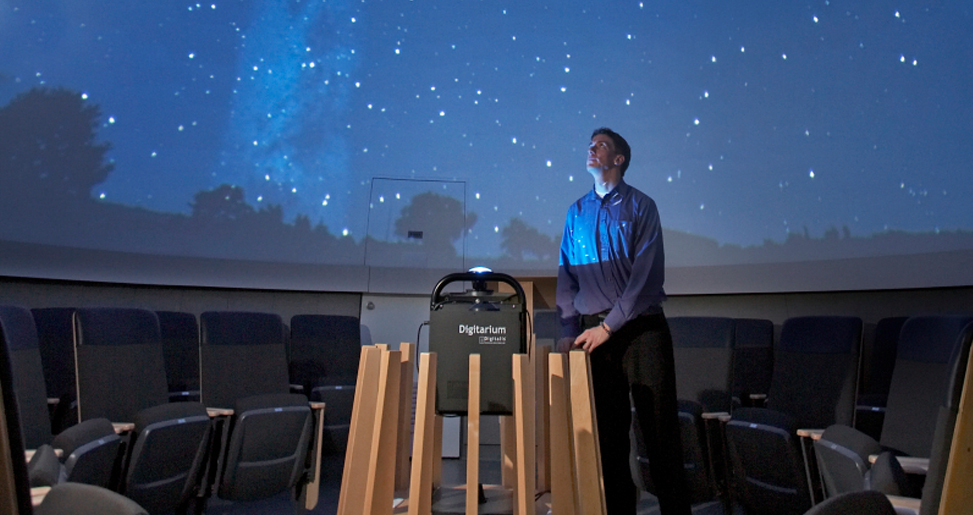
William J. McCallion Planetarium Visit Planetarium
The William J. McCallion Planetarium was the first planetarium in Ontario which offered shows to the public….
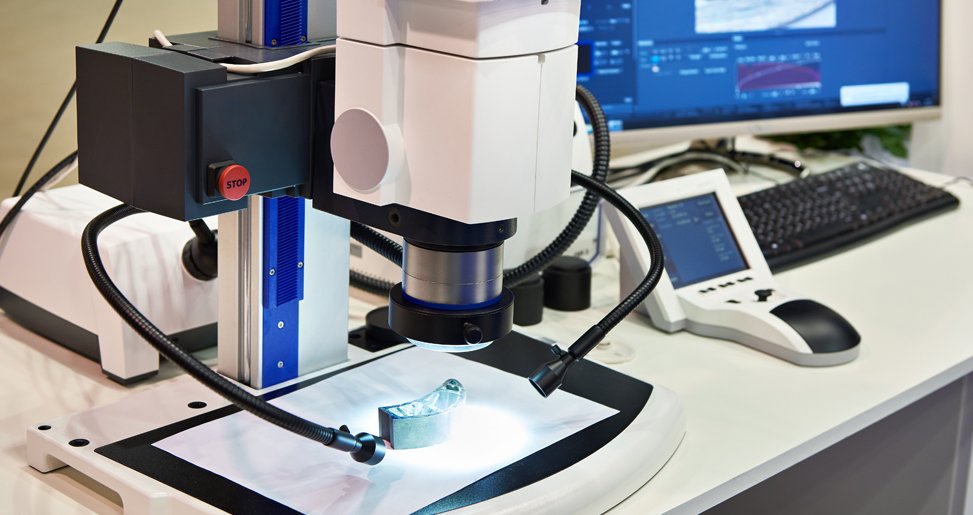
Brockhouse Institute For Materials Research Visit Institute
The BIMR mandate is to develop, support and co-ordinate all materials research-related activities…
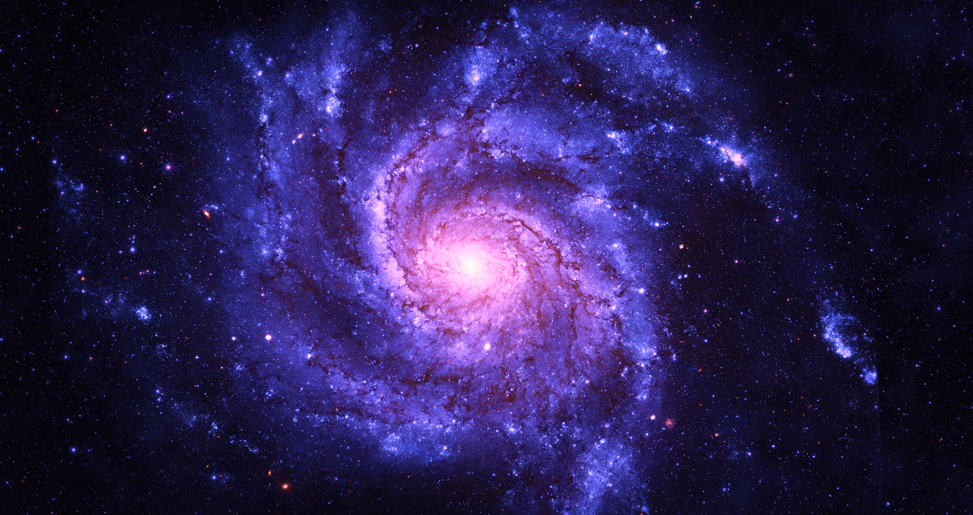
Origins Institute Visit Institute
The Origins Institute has embarked on a mission to explore the most fundamental topics in science…
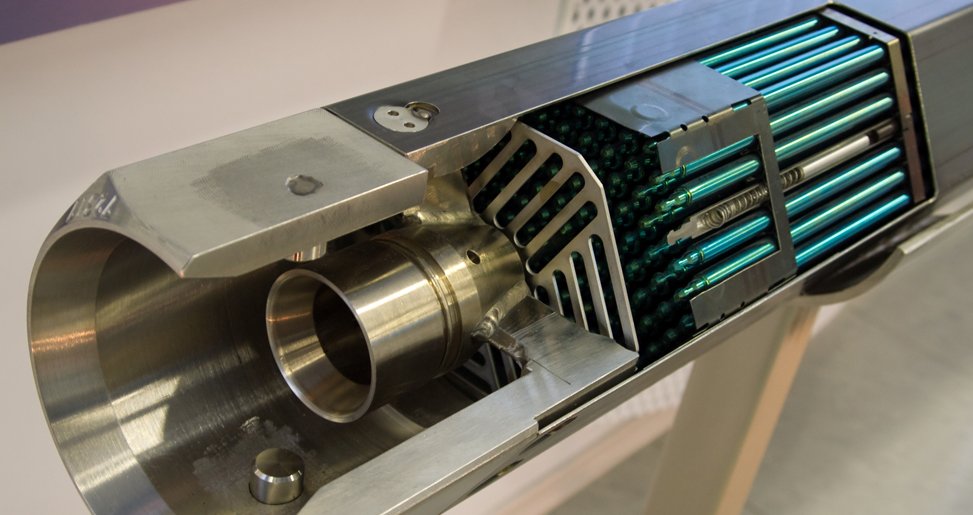
McMaster Nuclear Reactor Explore Now
The McMaster Nuclear Reactor (MNR) was the first university-based research reactor in the British Commonwealth…
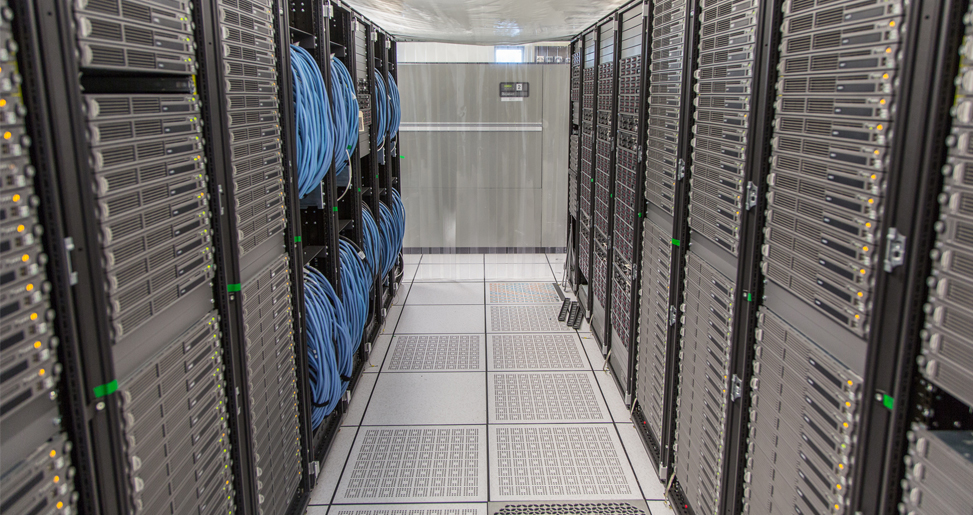
SHARCNET Visit SHARCNET
SHARCNET is the largest high performance computing consortium in Canada…
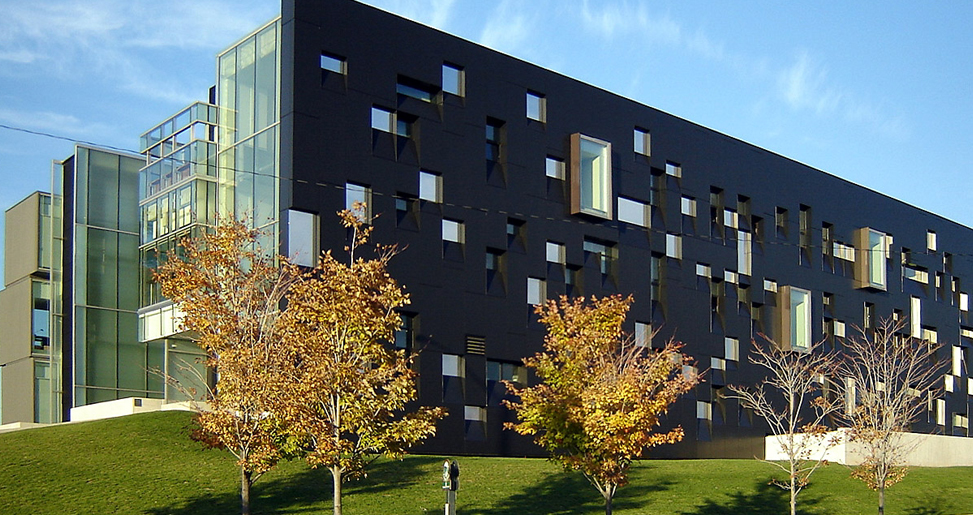
Perimeter Institute Visit Institute
A leading centre for scientific research, training and educational outreach in foundational theoretical physics…

